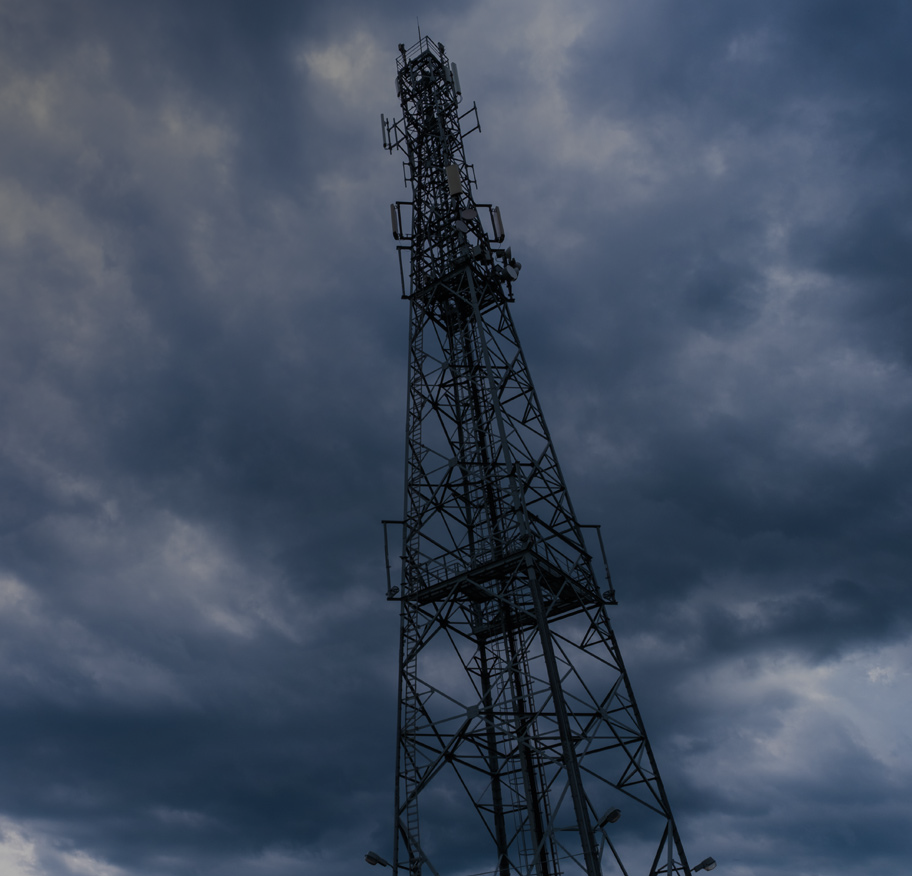This spring, public media has faced the most serious threats in its history. A series of proposals would devastate public media stations’ ability to serve their communities — by targeting previously approved funding, restricting stations’ local autonomy, proposing to eliminate future funding, and terminating a children’s educational grant program. Here’s the latest:
Rescissions Package to Claw Back Approved Public Media Funding
On Thursday, June 12, 2025, the House narrowly passed a rescissions package that would eliminate $1.1 billion in previously approved public media. The Senate is expected to take up the proposal in the weeks ahead. A final package must be approved by both chambers by July 18 — if not, the package expires and funding is restored.
Rescinding public media would immediately threaten local stations’ ability to serve their communities — and could force some stations off the air, especially in rural and underserved communities. Communities across the country could lose access to life-saving emergency alerts, educational resources for children, families, and educators, workforce training and certification programs, local journalism, high schools sports coverage, and community storytelling.
Now is the time to act to save your local public radio and television stations. Call or email your Senators today and urge them to reject rescinding approved public media funding.
Executive Order Restricting Stations’ Autonomy
On May 1, the Administration issued an Executive Order to prevent NPR and PBS from receiving Corporation for Public Broadcasting (CPB) funding — directly or through federal funds used for membership dues.
CPB has responded that it is, “not a federal executive agency subject to the President’s authority. Congress directly authorized and funded CPB to be a private, nonprofit corporation wholly independent of the federal government.”
The Executive Order, combined with other actions, signals a broader effort to dismantle public media by eliminating federal funding for public media stations and the system at large. Blocking NPR and PBS from receiving CPB funds would undermine national services local stations depend on — such as emergency alert systems, research-backed educational resources for families, and content distribution infrastructure. It would also interfere with stations’ autonomy to choose programming and services their communities value and rely on.
A Budget Proposal to Defund Public Media
On May 30, the Administration submitted its full Fiscal Year (FY) 2026 budget to Congress, proposing the permanent cancellation of CPB funding and the elimination of Interconnection and Ready To Learn. Next Generation Warning System funding was not included in the budget.
While the Administration’s budget is not binding, it shapes the priorities for the FY 2026 funding process. This proposal could make it harder to secure federal funding for public media in the annual appropriations bills, which are expected to begin moving soon.
The Termination of the Ready To Learn Grant
The Department of Education also abruptly terminated the Ready To Learn grant program, disrupting the development of new, research-backed content and station community outreach for children and families. For more than 30 years, Ready To Learn has funded beloved children’s programs, including Molly of Denali, Work It Out Wombats!, and Lyla in the Loop, among many others.
The impact on stations has been immediate — resulting in staff layoffs, canceled educational summer programs, and diminished local outreach.
What You Can Do
The fight for federal funding is far from over — but the power of public support is undeniable. As Congress begins to consider annual funding decisions, continued pressure from viewers and listeners will be essential for protecting the resources that make public media possible.
Here’s how you can help right now:
- Sign up for updates to stay informed about threats to federal funding and when to take action.
- Call or email your lawmakers to urge them to protect public media.
- Share your story about how public media has informed, inspired, or supported you.

Follow Us